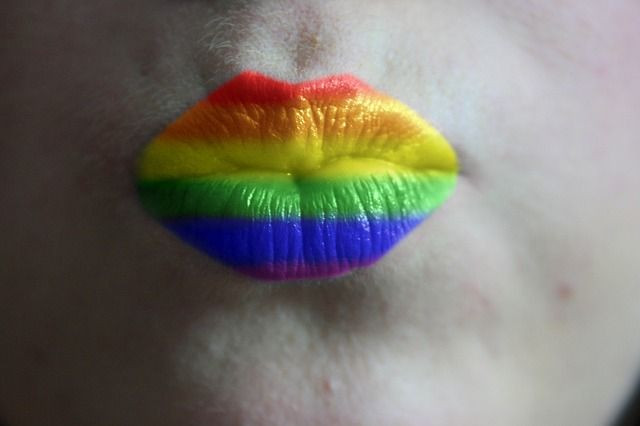Bisexuality May Start During Pregnancy: Children With Mothers Given Hormone More Likely To Identify As 'Bi'

While the scientific community agrees that people are born with their sexual orientation, meaning it's not a lifestyle choice, they still don't know all the factors that may lead to one orientation or another. A new study has now suggested that hormone exposure during pregnancy may play a role; researchers found that children born to mothers given progesterone during pregnancy may be more likely to identify as bisexual when they grow up.
The study, now published online in Archives of Sexual Behavior found that children born to mothers given progesterone, a hormone commonly prescribed to prevent miscarriages, were significantly less likely to describe themselvse as hetereosexual. One out of every five children in this demographic labeled themselves as something other than straight, and both males and females born to moms exposed to progesterone had much higher scores of attraction to men.
Read: The Environmental And Biological Factors That Contribute To Sexual Orientation And Behavior
"Progesterone exposure was found to be related to increased non-heterosexual self-identification, attraction to the same or both sexes, and same-sex sexual behavior," said lead researcher June Reinisch in a recent statement. "The findings highlight the likelihood that prenatal exposure to progesterone may have a long-term influence on behavior related to sexuality in humans."
For the study, researchers from Emerita of The Kinsey Institute in the US looked at 34 individuals (17 men 17 women) whose mothers were given progesterone during their pregnancies in order to prevent miscarriages. The individuals were all born in Denmark and were in their mid-20s. The team asked the participants about their sexual orientation, self-identification, attraction to each sex, and sexual history using questionnaires and a structured interview with a psychologist.
Results revealed that volunteers were up to 24 percent more likely than other age-matched individuals to have engaged in same-sex sexual behavior; were 29 percent more likely to be attracted to the same sex; and 17.6 percent more likely to be attracted to both sexes.
These findings are in line with a growing body of research which suggests sexual orientation results from both environmental and biological factors. For example, a report published last year found that only a small percentage of individuals throughout the world have non-heterosexual feelings; however, how they express their sexuality varied depending on the culture and traditions of their society. With Denmark once hailed as having “Europe’s most liberal government,” it may be that this biological predisposition to homosexuality is more likely to be expressed in Danish people due to fewer societal stigmas.
Source: Reinisch JM, et al. Prenatal Exposure to Progesterone Affects Sexual Orientation in Humans. Archives of Sexual Behavior. 2017
See Also:
Study Finds Same Sex Couples Make Better Parents: Is It Because They're More Prepared?



























